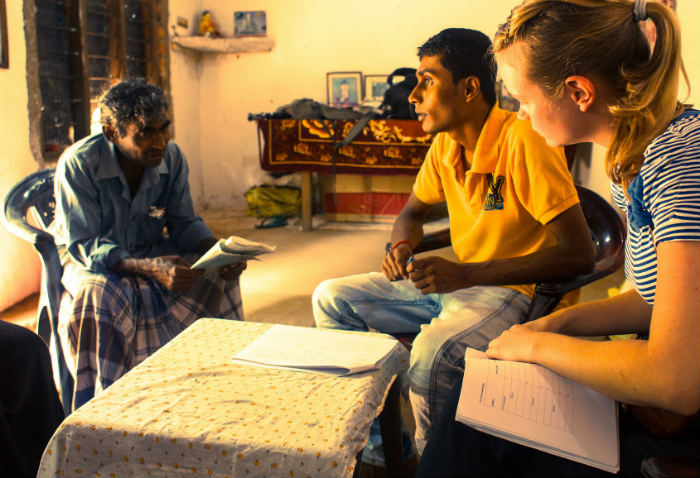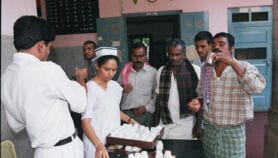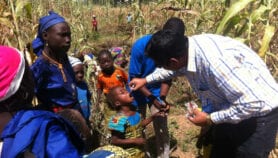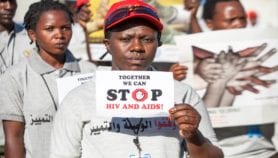By: Alice Hazelton
Send to a friend
The details you provide on this page will not be used to send unsolicited email, and will not be sold to a 3rd party. See privacy policy.
Too many people are missing from data sets used for international development to correctly shape policies relating to the Sustainable Development Goals (SDGs), a report warns.
The report, by UK think-tank the Overseas Development Institute (ODI), says millions of people are excluded from statistics in poorer countries due to insufficient data collection efforts. Governments in these countries often do not know enough about the people they represent to make meaningful progress towards development — including the SDGs, it warns.
“When the Millennium Development Goals were set 15 years ago, everyone thought that they were simple to monitor and measure,” says Shaida Badiee, a managing director of Open Data Watch, an NGO that monitors data quality. “But we’ve since realised that we don’t have proper data to provide any evidence on progress.”
Many developing countries rely heavily on household surveys to collect population data, which are expensive, time consuming and limited to identifiable households, says the report.
“Underlying all of this, we need politicians to care enough about missing data to choose to commit the time, energy and resources to solving this problem.”
Claire Melamed, ODI
At least 21 countries in Sub-Saharan Africa have not undertaken household surveys since 2005, the report warns, meaning that the most recent estimates of their poverty levels are based on results that are more than a decade old. In Botswana, the latest poverty estimates come from surveys that are more than 20 years old, the report says.
In addition to being undertaken infrequently, household surveys ignore an estimated 350 million people around the world — mostly women, people with no fixed abode and those living in areas where population records are poorly maintained, it found.
“People who are homeless and who live in recently settled urban slums are often systematically excluded from this sampling,” says Claire Melamed, the ODI’s director of growth, poverty and inequality.
In Uganda, statisticians are exploring the use of mobile phones instead of household surveys in the hope of reaching more people. But Ben Paul Mungyereza, executive director of the Uganda Bureau of Statistics, says only very basic information can be collected from mobiles.
“Asking someone about what kind of food they eat and what kind of water they use needs to be asked in the household head’s native language,” says Mungyereza. “The data collector needs to be able to verify whether the person is talking about what they think they are talking about, or something else.”
Another problem, says Badiee, is that some of the technical standards that international organisations set for data collection are too complex for poorer countries to adopt, so there can be no one-size-fits-all approach.
Melamed adds: “Underlying all of this, we need politicians to care enough about missing data to choose to commit the time, energy and resources to solving this problem.”
References
Elizabeth Stuart and others The data revolution: finding the missing millions (ODI, April 2015)














